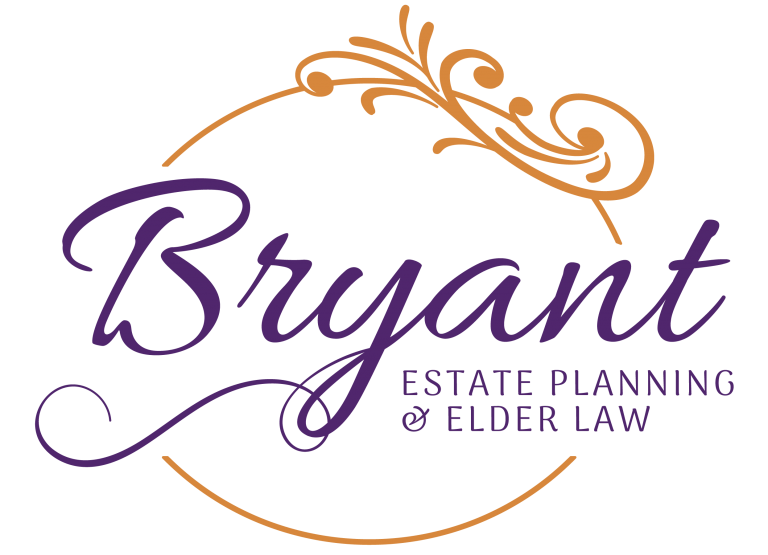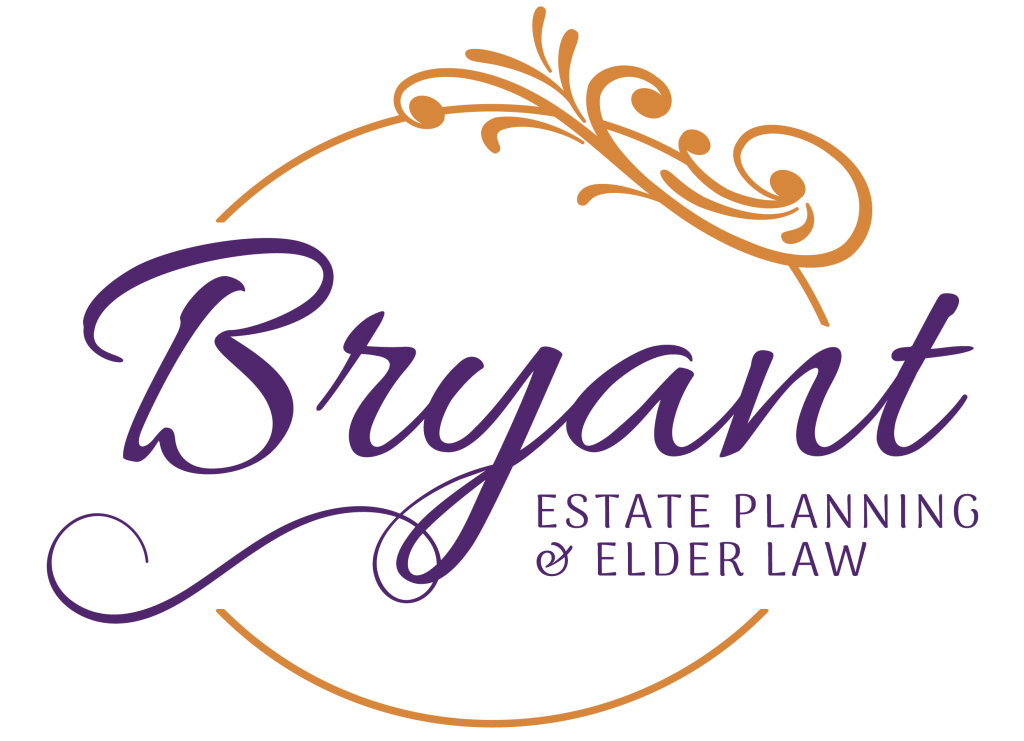Fall Awareness: What Can You Do to Minimize Your Risk?
By the Law Offices of Lisa C. Bryant, INC.
September 22, 2017 is Fall Prevention Awareness Day. According to the Centers for Disease Control and Prevention, every second of every day in the United States an older adult fall, making falls the number one cause of injuries and death from injury among older Americans. The National Council on Aging (NCOA) predicts that the total cost of fall injuries may reach $67.7 billion by the year 2020. It is important to understand what you, your friends and family can do to reduce the risk of falling and avoid a serious health crisis.
Balance and Gait
As we age, most of us lose some coordination, flexibility, and balance. It might be easy to think that “It won’t happen to me.” But the truth is that 1 in 3 older adults—about 12 million—fall every year in the U.S. Exercise can help improve your strength and flexibility. Consider taking advantage of your community’s fitness center for Tai Chi or Yoga classes, or clubs centered on sports and recreation.
Vision & Current Health
Medications, health conditions, or issues with vision can all increase the risk of a fall. If you wear glasses, make sure they are the current prescription as advised by your doctor. Consider that when you transition from a very bright setting to a darker setting (e.g., going from outdoors to indoors) your tint-changing glasses may take some time to adjust. Additionally, if you wear bifocals, it is important to be cautious when going up and down stairs.
Side effects from medications can make you dizzy, affect your vision, and make you feel fatigued. These side effects can contribute to a greater fall risk. If side effects from medications are an issue, be sure to discuss these concerns with your doctor. Additionally, review your prescriptions with your doctor each time you get a new prescription. Finally, do not discount side effects from over-the-counter medications like sleep aids and cold medications. These can also lead to balance issues and dizziness.
Dehydration can also lead to dizziness and confusion. Often, we forget to drink as much water as we need. Unless you are told otherwise by a doctor, try to drink 6-8 glasses of water a day.
Environment
Many falls occur in the home due to hazards that are easy to overlook but can be easy to fix. To identify potential tripping hazards, do a walkthrough of your home. Go room by room and consider if there are obstacles like throw rugs, furniture, cords and wires, or clutter that might obstruct your path. At night, make sure that pathways from your bedroom to the bathroom are well illuminated and are clear of tripping hazards. If you have stairs, make sure that they are also well lit at night. Do not carry loads that block your vision, and instead, make several trips with smaller loads.
The bathroom can especially be problematic when you combine a smooth surface like tile with water. Make sure that you have grab rails to assist with getting in and out of the shower—a towel bar is often not enough to support this kind of use. Consider putting non-skid strips or a mat in your bathtub and be mindful of water on the floor when you get out of the shower. If you get dizzy or find it difficult to stand in the shower, consider getting a shower seat or installing a grab bar for extra security.
What to Do If You Fall
According to the American College of Emergency Physicians, if you start to fall, try to relax your body to reduce the impact. Tuck your chin to protect your head and roll as you land to spread out the force of the fall. Stay calm and do not try to get up too quickly. You might consider placing a phone in every room or at least having a mobile phone with emergency numbers within easy reach. If you have fallen before, you should talk to your doctor about getting an emergency alert response system like Life Alert to use in case of a fall. This is a bracelet or necklace that will alert local emergency medical services, or EMS, if you fall. Additionally, if you have not done so already, be sure to have your advance healthcare directive on file with your doctor—should your fall be more serious, your family may need this to make medical decisions for you.
If you need assistance preparing an advance healthcare directive or other estate planning documents, please call the elder law attorneys at the Law Offices of Lisa C. Bryant at (408) 419-1361 for a no-cost consultation to discuss.
All materials have been prepared for general information purposes only to permit you to learn more about our firm, our services, and the experience of our attorneys. The information presented is not legal advice, is not to be acted on as such, and may be subject to change without notice.




